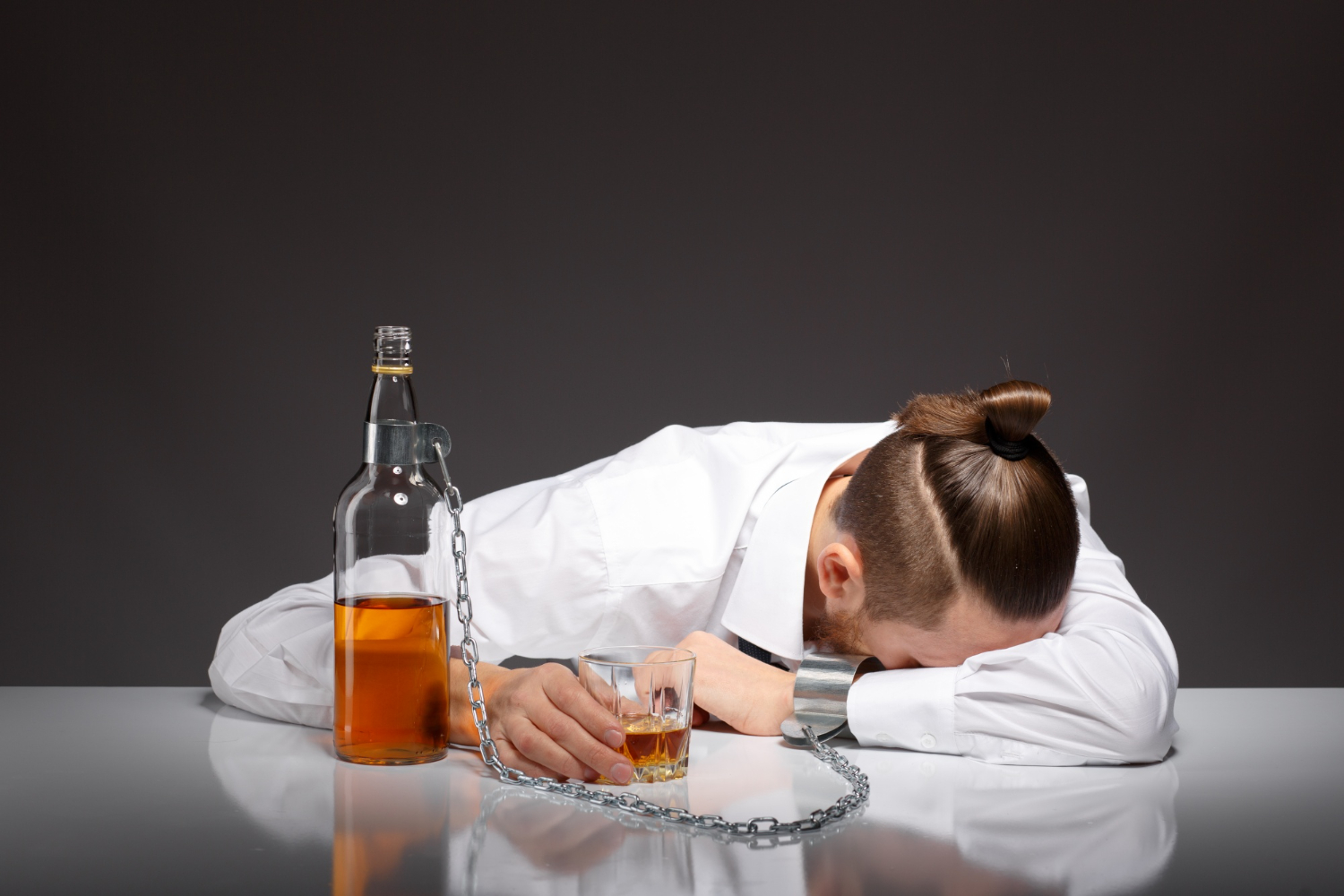What is the number one resource of your company? The employees. They are the foundation of your company’s success. Without them, you can’t achieve your goals. Yet, they seem to be often neglected when they have their own issues, usually told to leave at the door and do their jobs. This is even worse if the issues are about mental health or substance abuse in the workplace: some managers see it as a red flag and just boot the employee out the door.
As a leader, it is your responsibility to look after your employees and make sure that they receive the support they need. This is more than just taking care of valuable assets — it’s about helping fellow professionals go through struggles in order to succeed together.
Why should you support your employees with their issues with mental health and substance abuse in the workplace?
You may be thinking, “Their addiction/mental health is their problem, not mine. It’s their responsibility to solve it, and if they can’t, they’re in trouble with me!” There are three problems with this:
- Mental health and addiction issues can negatively impact employee engagement. This can result in a 37% higher absence rate, 49% higher accident rate, and 60% more performance errors.
- If neglected for a long time, the employee will quit. After all, why would they stay at a job that doesn’t care about them?
- Company morale will deteriorate. Other employees may be discouraged to work at your company if they think that you don’t care about them.
Above all, you are the leader of the team. The goals of the group are second to the integrity and well-being of your employees, because it is exactly these two factors that are crucial to having a strong team and achieving your goals together.
Here are other reasons why you should help your employees through their mental health and addiction.
- It increases overall performance. Clarity of mind free of addiction or mental issues results in improved focus and creativity.
- It encourages them to stay at your company. Caring bosses are rare nowadays, and being one can be a strong reason why an employee would stay loyal.
- It opens them up to be more communicative. Employees tend to be more responsive and open to receiving feedback and sharing insights that can be groundbreaking for your team.
- It improves team integrity. If your entire staff knows that you have their back even through their personal struggles, it can significantly increase employee performance and retention.
Ways you can support your employees
Mental health and substance abuse in the workplace are very sensitive issues. As an employer, there’s only so much that you can do to help them through it. You can’t really solve their problems for them — fortunately, you can make it easier for your employees to resolve their issues.
Here are some ways how you can do that:
Have a 1-on-1 with them
It’s not enough to stop at just, “Oh, they have a mental health or addiction issue.” If you want to give meaningful support to your employees, you have to go beyond categorizing issues and fine-tune your help.
The best way to start is to talk to them personally about their issues. This gives you a clear perspective into what’s affecting them and how you can help them go through their problems.
Try to make sure that the employee is doing more of the talking. Listen intently to them, ask questions based on what they said, and give suggestions on how you can help them in certain areas.
Encourage a culture of transparency
Many employees are afraid to share what they feel or think about feedback from their managers and supervisors out of fear that they’ll be alienated or punished. Naturally, this leads to them being afraid of sharing what they think or feel at all. Unfortunately, this also makes addiction and mental health issues worse, since those suffering from them can feel like the workplace is suffocating.
Instead of keeping your staff in that mindset, let them know that they can feel free to share their thoughts and concerns without worrying about backlash. Do this even if no one has opened up yet about their addiction or mental health issues. Whatever comments they make, always lend an open ear, ask more information about them if necessary, and ask what can be done to resolve them.
Eventually, your employees will see your company at a positive light and feel happier working there.
Talk to them more often as friends, not as employees
It’s a common phenomenon for people to act or talk professionally in the workplace and prefer a more formal approach over a casual one. This has become appropriate in only a select few circumstances, like if an employee is new to the company and is trying to get a feel of the culture. However, this can also be alienating, since speaking professionally usually feels unnatural for some people. This is especially because of the expectation to filter out anything considered unnecessary — including personal feelings or concerns.
Of course, boundaries should always be set when it comes to what should be shared in a professional setting. However, when it comes to conversational style, tone it down to a more casual, friendly one. Believe it or not, this simple change can be substantially beneficial to employees. Instead of spending their energy on trying to sound formal, they can feel free and comfortable to express themselves.
In other words, as the leader of the workplace, the way you speak influences how your employees speak. So, if you speak in a friendly, casual, and comfortable tone, so too will your employees.
Be more considerate with turnaround
Those who struggle with substance abuse in the workplace or mental health issues are more likely to have a hard time submitting their work on time. Often times, missing the deadline can contribute to their stress, especially since they’ll usually imagine your disappointment.
If an employee does miss a deadline, ask them how they’re feeling and if they need help with their project. You can also offer to extend the deadline to a later date in order to give them more time to work on it.
Most of all, assure them that it’s alright if they missed the deadline and that they’re free to ask for support whenever they need it. It won’t guarantee that they’ll eventually submit their work on time more often, but it does make them feel more motivated to work by removing the fear of disappointment. Plus, this is a great first step towards improving their performance by encouraging them to collaborate with their teammates in order to produce more high-quality work.
Formulate a corporate wellness program
Most of the time, “medical benefits” usually refer to financial support for medical procedures and treatments in hospitals and clinics outside the workplace. This is great, but have you considered having a corporate wellness program for your employees?
A corporate wellness program is your company’s way of looking after the well-being of your employees. This involves formulating a list of activities and protocols that are built towards improving and maintaining the physical and mental welfare of the staff.
It’s a fantastic way of supporting your employees by actively providing opportunities within the company to find ways to achieve a sustainable lifestyle. This is especially a great way to improve your employee’s mental health through, for example, activities that reduce stress through team-building games or help out substance use victims through support groups.
Consider treatment for your employees
The best kind of help you can give to employees struggling from issues with mental health or substance abuse in the workplace is to provide them with proper treatment from professional recovery facilities. At California Recovery Center, we help professionals recover from substance use and mental health issues while balancing their lives at home and at the workplace. Reach out to CRC and give your employees the help they need.











